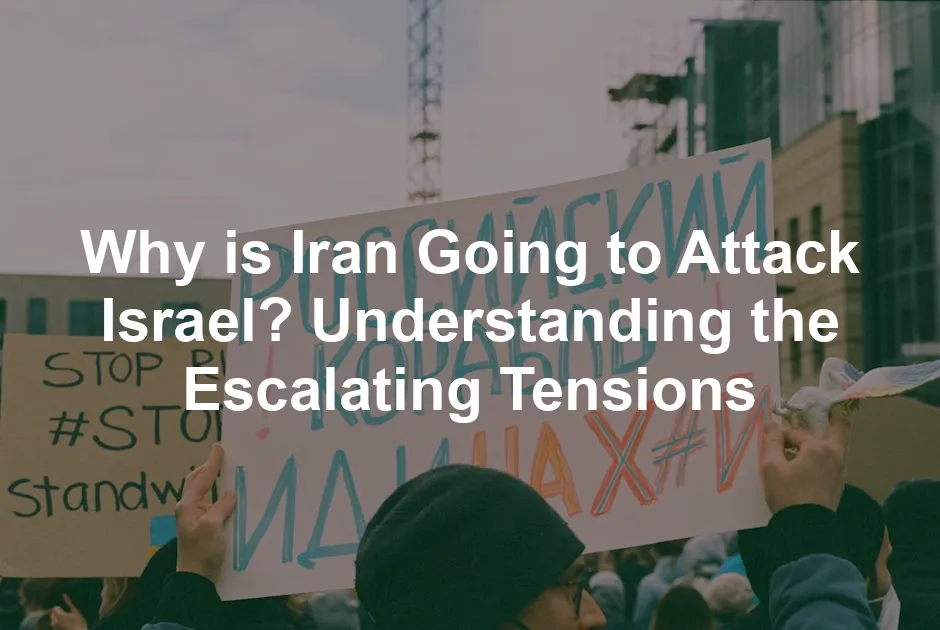
Why is Iran Going to Attack Israel? Understanding the Escalating Tensions
Introduction
Tensions between Iran and Israel are reaching a boiling point. The geopolitical climate is increasingly volatile, marked by military actions and heated rhetoric. Recent missile strikes and retaliatory airstrikes have escalated the situation. This article aims to shed light on the reasons behind the potential for an Iranian attack on Israel, exploring historical roots and contemporary provocations.
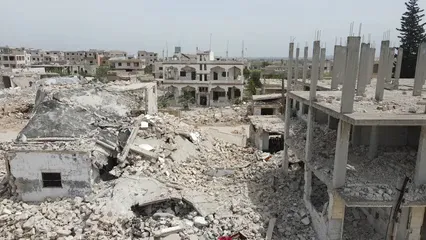
Summary and Overview
Iran and Israel have a long history of animosity rooted in ideological differences and regional power struggles. The 1979 Islamic Revolution in Iran marked a significant turning point, fostering deep-seated hostility towards Israel. Recently, events such as Iran’s missile attacks and Israel’s airstrikes have intensified these tensions. The assassination of key figures in Hezbollah and Hamas further inflamed the situation, prompting Iran to retaliate with military force. A military confrontation could have dire consequences, destabilizing the entire region and drawing in global powers. The ongoing conflict poses risks not only for those directly involved but for regional stability and international security as well.
If you want to delve deeper into the historical context of the Middle East, consider reading The Modern Middle East: A Political History Since the First World War. This book provides an in-depth analysis of the political dynamics that have shaped the region, helping you understand the current tensions.
Understanding the motivations behind such conflicts is crucial. why did hamas attack can provide insight into the complexities of regional tensions.
Key Points to Cover:
- Historical animosity between Iran and Israel.
- Recent military engagements and provocations.
- The role of regional allies and proxies.
- Potential global implications of an escalation.
Historical Context of Iran-Israel Relations
The roots of Iranian-Israeli hostility trace back to the 1979 Islamic Revolution. This revolution established a regime that openly opposed Israel, viewing its existence as a threat. Ayatollah Khomeini’s rhetoric framed Israel as a “cancerous tumor” and laid the groundwork for Iran’s anti-Israel ideology. The relationship further deteriorated with Iran’s support for groups like Hezbollah and Hamas, which actively challenge Israel’s sovereignty.
Strategically, Iran and Israel find themselves on opposing sides of regional conflicts. Iran aims to expand its influence by supporting proxy groups while Israel seeks to maintain its security and counter Iranian threats. The ideological divide deepens with Iran’s nuclear aspirations, which Israel views as an existential threat. As these nations remain locked in a cycle of retribution and military posturing, the prospect of a direct confrontation looms larger, intensifying the urgency for diplomatic efforts to de-escalate tensions.
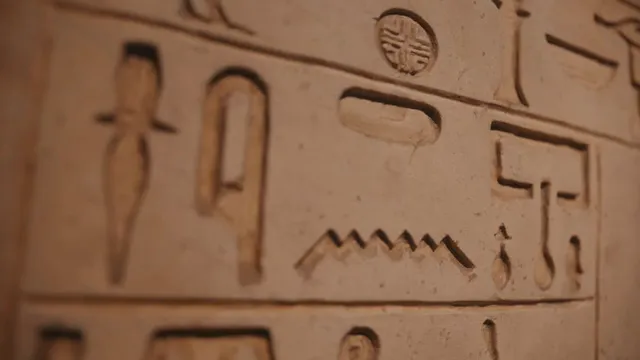
For those interested in understanding the broader implications of such conflicts, check out The Israel-Palestine Conflict: One Hundred Years of War. This book dives into the historical context that has shaped the ongoing struggles in the region.
Recent Military Escalations
Tensions between Iran and Israel have escalated significantly in recent months. This surge in military activity includes missile attacks and retaliatory strikes, creating a precarious situation in the region.

Iran’s Missile Attacks on Israel
On October 1, 2024, Iran launched a significant missile attack against Israel. Approximately 200 ballistic missiles targeted Israeli military installations. This marked Iran’s largest missile offensive to date. The Islamic Revolutionary Guard Corps (IRGC) framed this action as retaliation for Israeli strikes on key figures in Hezbollah and Hamas.
Despite the scale of the attack, Israel’s air defenses intercepted the majority of the missiles. However, some managed to strike central and southern regions, causing minor damage. Reports indicated that the Iron Dome system effectively neutralized many threats, but a few missiles impacted civilian areas, raising alarms across the country. This event underscored the high stakes of the ongoing conflict and Iran’s determination to assert its military capabilities.
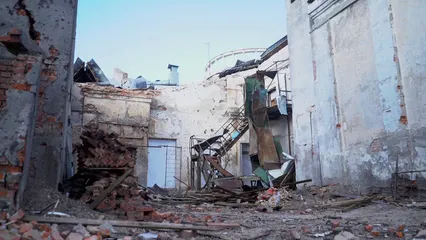
Speaking of military capabilities, if you’re interested in tactical gear, consider a Tactical Military Gear Backpack. It’s perfect for carrying all your essentials when you’re out in the field or just need a sturdy bag for everyday use!
Israel’s Military Response
In response to the Iranian missile barrage, Israel executed a series of airstrikes on October 26, 2024. Israeli forces targeted specific military sites linked to Iran’s missile production and aerial defense systems. The operation aimed to degrade Iran’s military capabilities and prevent future attacks.
Israel’s strikes concentrated on approximately 20 locations, focusing on missile manufacturing facilities. The Israeli government described these actions as necessary measures for self-defense against ongoing Iranian aggression. Reports indicated that the strikes were highly coordinated, with Israel aiming to avoid civilian casualties while achieving significant military objectives.
Both nations remain locked in a cycle of retaliation. As tensions continue to rise, the potential for broader conflict in the region looms large. Each side seems prepared for further military actions, indicating that this volatile situation is far from resolution. The international community watches closely, aware that the consequences of this escalation could extend beyond the immediate region.

Motivations Behind Iran’s Aggression
Retaliation for Assassinations
Iran’s military actions often stem from a desire for revenge. Key assassinations of Iranian leaders have sparked outrage in Tehran. The deaths of significant figures like Hezbollah’s leader, Hassan Nasrallah, and senior commanders of the Islamic Revolutionary Guard Corps (IRGC) have triggered calls for military action. Iran views these assassinations as direct attacks on its sovereignty. Following such losses, Iran often frames its military responses as justifiable retaliation. This narrative resonates deeply within the Iranian leadership and public, justifying aggressive stances against perceived enemies, notably Israel.
Ideological Commitment
Iran’s commitment to opposing Israel is rooted in its ideology. Since the 1979 Islamic Revolution, Iranian leaders have consistently denounced Israel. Supreme Leader Ayatollah Ali Khamenei famously referred to Israel as a “cancerous tumor.” This rhetoric isn’t just political; it reflects a broader ideological stance that frames the destruction of Israel as a national objective. Public sentiment in Iran largely supports this view, seeing Israel as an existential threat. Consequently, any military action against Israel is often portrayed as a fulfillment of this ideological mission, further solidifying internal support for aggressive policies.
If you want to explore more about the intricate ideological underpinnings of these conflicts, the book The Shia Revival: How Conflicts within Islam Will Shape the Future offers valuable insights into the sectarian tensions that influence Iranian politics and its stance towards Israel.
The Role of Regional and Global Allies
Iran’s Allies
Iran maintains close ties with several key allies, including Hezbollah in Lebanon and the Syrian government. Hezbollah acts as Iran’s primary proxy, engaging in military operations against Israel. This alliance enhances Iran’s military capabilities and extends its influence throughout the region. Additionally, Iran’s relationship with Russia has grown stronger, resulting in military support and cooperation. These alliances create a collaborative front against Israel and its allies, significantly increasing the potential for conflict.

The U.S. and Israel’s Strategic Partnership
The United States plays a crucial role in the dynamics of the region. Its unwavering support for Israel includes extensive military aid and diplomatic backing. This partnership serves as a counterweight to Iran’s ambitions. The U.S. commitment to Israel not only strengthens its defenses but also acts as a deterrent to Iranian aggression. This dynamic complicates Iran’s calculations, as any attack on Israel risks drawing in U.S. involvement, heightening the stakes for all parties involved.

For those interested in emergency preparedness, a Military-Grade First Aid Kit is essential for anyone who wants to be prepared for unexpected situations. It includes everything you need to handle emergencies effectively!
Potential Consequences of an Attack
An attack by Iran on Israel could have far-reaching consequences. The implications would not only affect the two nations directly involved but also ripple throughout the Middle East and beyond. Understanding these potential outcomes is crucial for grasping the gravity of the situation.
Regional Instability
If Iran were to launch an attack, regional instability would likely escalate. Countries neighboring Israel and Iran could become embroiled in the conflict. This might lead to a surge in refugee crises as civilians flee violence. An influx of refugees could strain resources in nearby nations, heightening tensions and humanitarian challenges.
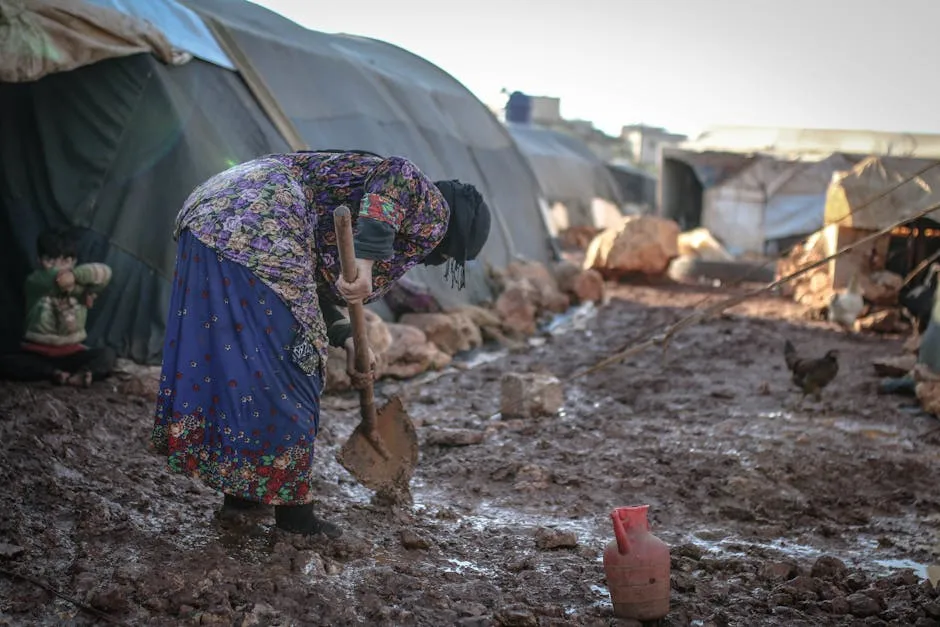
Moreover, economic impacts would be significant. The Middle East is a vital hub for global oil supply. An armed conflict could disrupt oil production and transportation, leading to soaring prices worldwide. The already fragile economies of several regional countries might face further collapse, worsening living conditions.
Global Reactions
The global response to a conflict between Iran and Israel would be complex. The United States has a long-standing alliance with Israel. Any Iranian aggression might prompt a strong U.S. military response. This could involve airstrikes against Iranian military sites or increased support for Israel’s defense systems.
International diplomatic efforts would also intensify. Countries around the world would likely call for ceasefires and negotiations. The situation could attract the attention of major powers like Russia and China, leading to a multifaceted geopolitical crisis. Such involvement could escalate tensions, making the conflict even harder to resolve.

In summary, a potential attack by Iran on Israel poses various risks. The consequences could lead to significant regional instability and prompt a range of global reactions, underscoring the need for diplomatic solutions to avoid further escalation.
Conclusion
Throughout this article, we have examined the escalating tensions between Iran and Israel. The historical animosity, recent military escalations, and motivations behind Iran’s aggression paint a troubling picture. The potential consequences of an attack are severe, threatening not just these two nations but the stability of the entire Middle East.
As the situation evolves, it’s crucial for global leaders to prioritize diplomatic efforts. Engaging in dialogue and pursuing peaceful resolutions is essential to prevent conflict. The stakes are high, and the world must remain vigilant to avert a crisis that could have catastrophic implications for millions.
FAQs
What are the reasons behind Iran’s hostility towards Israel?
Iran’s hostility towards Israel stems from deep historical and ideological roots. After the 1979 Islamic Revolution, the new Iranian regime adopted a staunchly anti-Israel stance. Iranian leaders view Israel as a key enemy, seeing its existence as a threat to regional security. This animosity is fueled by ideological beliefs, with leaders often referring to Israel in derogatory terms. Iran also supports groups like Hezbollah and Hamas, which actively oppose Israel, further entrenching this conflict. The combination of these factors creates an environment ripe for hostility.
How has the recent conflict escalated between Iran and Israel?
The recent conflict has seen a significant military escalation, particularly marked by missile attacks. On October 1, 2024, Iran launched approximately 200 missiles at Israel, its largest strike to date. This attack aimed at military installations and was a direct response to previous Israeli actions. Israel’s interception systems managed to thwart most missiles, but some did cause damage. In retaliation, Israel conducted airstrikes on Iranian military sites, further intensifying the cycle of military escalation. Each side remains poised for further confrontation.
What role do regional allies play in the Iran-Israel conflict?
Regional allies play a crucial role in the Iran-Israel conflict. Iran relies heavily on Hezbollah in Lebanon and various militia groups in Iraq and Syria to project its influence and challenge Israel. These allied forces often engage in direct confrontations with Israeli military targets. Conversely, the U.S. provides extensive support to Israel, including military aid and advanced technology. This dynamic complicates the situation, as any Iranian aggression could provoke a U.S. response, heightening tensions in the region.
What could be the consequences of an Iranian attack on Israel?
An Iranian attack on Israel could lead to severe regional instability. Such a conflict would likely draw in neighboring countries, escalating into a broader war. The humanitarian impact would be catastrophic, resulting in massive displacement and casualties. Economically, disruptions in the Middle East could affect global oil prices and supply chains. Further, the geopolitical implications could involve major powers like the U.S. and Russia, potentially leading to a global crisis. The risks associated with such an attack underscore the urgency of diplomatic solutions.
How has the U.S. responded to the tensions between Iran and Israel?
The U.S. has taken a firm stance in support of Israel amidst rising tensions. U.S. foreign policy has included military aid to Israel and diplomatic efforts to deter Iranian aggression. Following Iranian missile attacks, the U.S. has reinforced its military presence in the region, signaling its commitment to Israeli security. However, the U.S. also seeks to manage tensions, advocating for restraint from both parties to prevent escalation. This balancing act remains a critical aspect of the broader geopolitical landscape in the Middle East.
Please let us know what you think about our content by leaving a comment down below!
Thank you for reading till here 🙂
All images from Pexels




